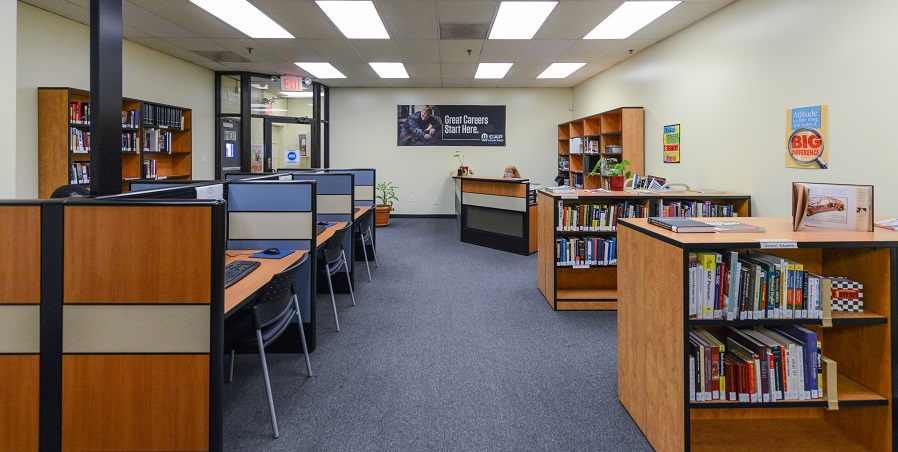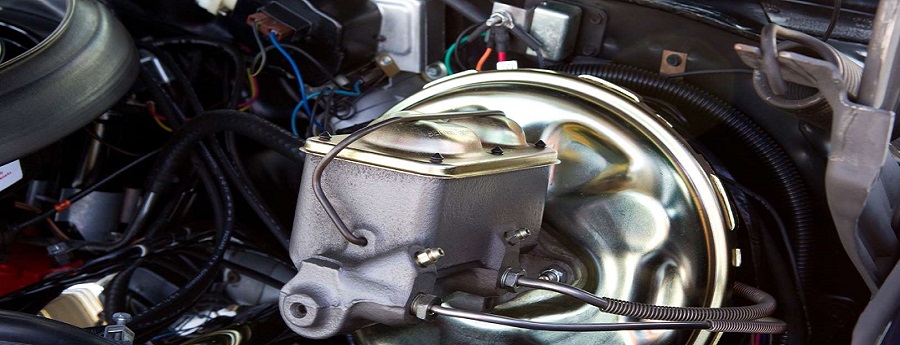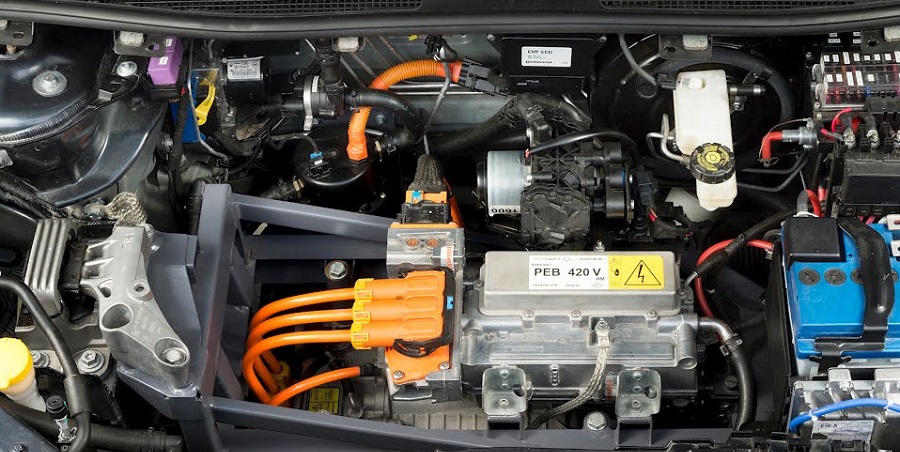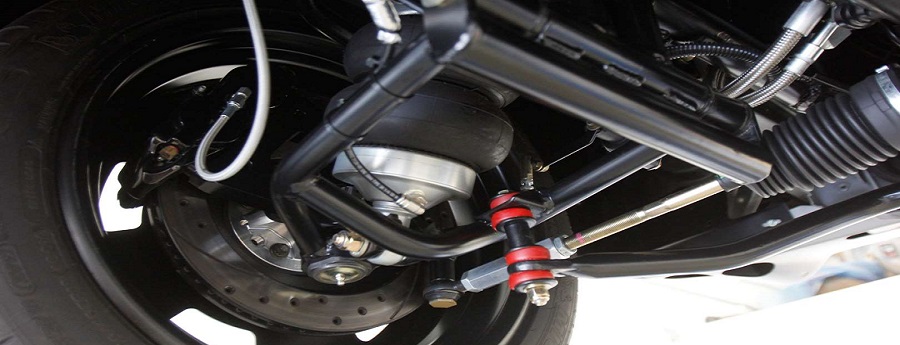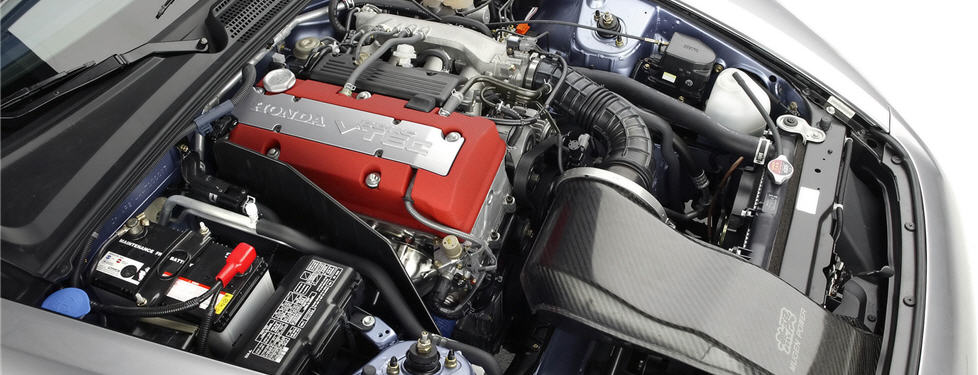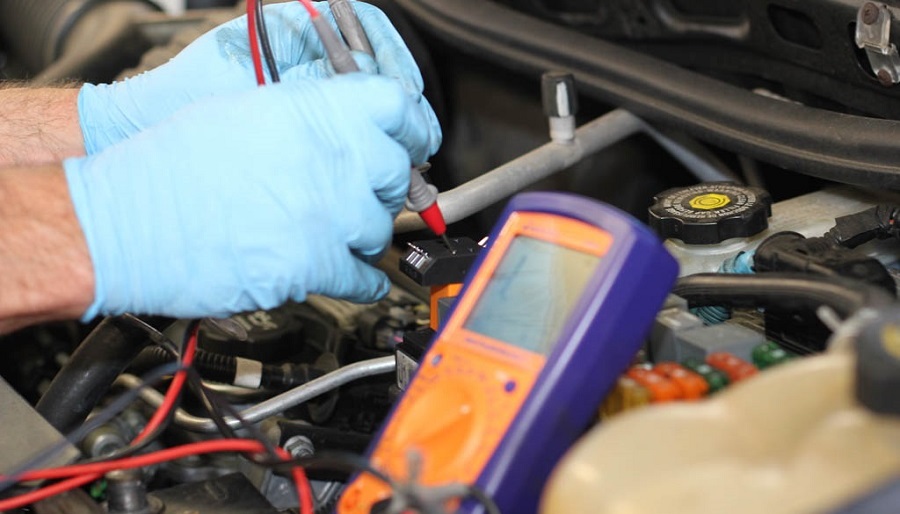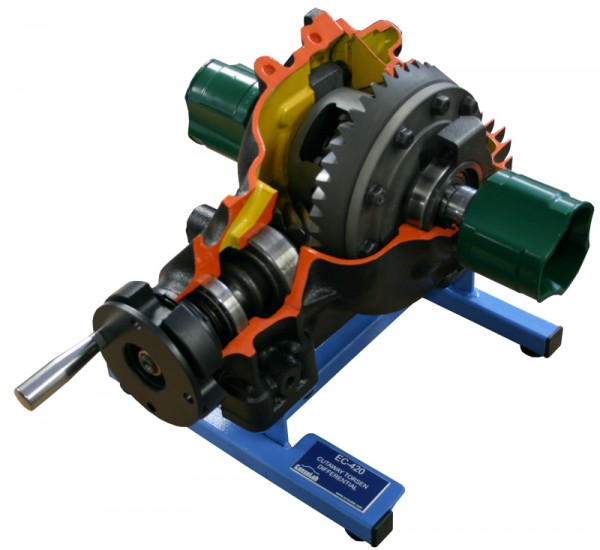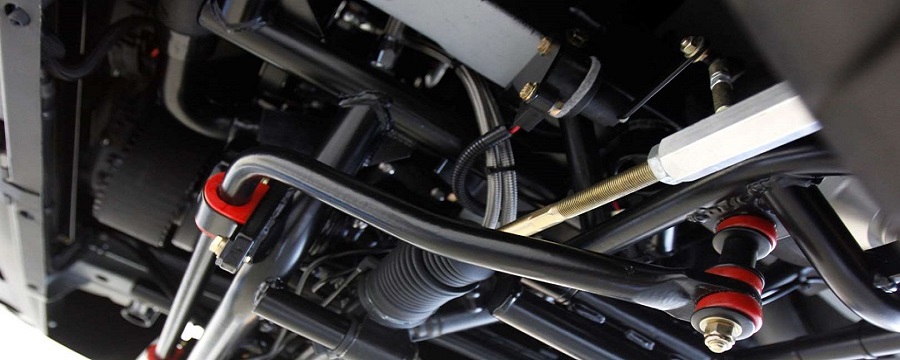EG101 – College Reading and Writing
This course focuses on the development of critical reading and effective writing for college course work. Students are introduced to essay reading and writing that is useful for college academic programs and workplace settings. The course emphasizes the student’s ability to read and understand professional articles and essays as well as to express ideas in clear, succinct, Standard English prose in a variety of rhetorical patterns. The course includes an introduction to research and students will use what they have learned to write a short research-based essay.
AT210 – Fuel Systems
This lecture/laboratory course begins with the discussion spark ignition engine fuel composition from crude oil to the distillation and compounding of various gasoline grades. Fuel delivery methods including direct injection, port injection and throttle body injection systems as well as carburetors are discussed in great detail with an emphasis of their effects on engine performance. Intake and exhaust systems will also be discussed and diagnosed. The laboratory component of the course includes various activities that follow the guidelines of the National Technicians Education Foundation (NATEF). A library/internet research written project
AT112 – Engine Electronics
This lecture/laboratory course utilizes the students’ prior understanding of electrical/electronic principles to better comprehend the complex electronically controlled systems used to monitor engine operation and emission compliance. Additionally students will study the theory of operation, design and problem diagnosis of modern ignition systems. Computerized engine controls, sensors and actuators and engine management systems will be discussed and diagnosed using the most sophisticated training aids in the industry. The laboratory component of the course includes various activities that follow the guidelines of the National Technicians Education Foundation (NATEF). A library/internet research
AT110 – Electrical/Electronic Systems
This course provides classroom and laboratory hands-on activities where students building on material learned in AT108 Automotive Electrical Foundations use wiring diagrams to examine headlight, taillight, stoplight and turn/hazard light for operation and repair. Students are taught to use advanced diagnostic techniques to diagnose and repair electrical circuits associated with instrumentation, horn systems and wiper/washer systems. Students will learn on modern training aids using factory service procedures. The laboratory component of the course includes various activities that follow the guidelines of the National Technicians Education Foundation (NATEF). A library/internet research
AT103 – Braking Systems
In this course students are provided classroom and laboratory hands-on activities concerning the fundamentals of hydraulics and how it relates to a vehicle’s braking system. Master cylinders and power assist units will be discussed, diagnosed and repaired. Disc and drum brakes will be discussed, diagnosed, serviced and repaired. The student will learn the proper way to perform complete brake servicing including using a brake lathe to machine rotors and drums. The laboratory component of the course includes various activities that follow the guidelines of the National Technicians Education Foundation (NATEF).
AT101 – Engine Repair
This course combines lecture and laboratory hands-on activities, focusing on the fundamentals of automotive engine repair and rebuilding. Students will learn how to disassemble, diagnose, measure and repair cylinder heads, engine blocks, pistons and connecting rods, crankshafts and valve trains. Emphasis will be placed on the proper use of precision measuring tools such as outside micrometers and cylinder bore gauges. Students will also learn to perform a complete engine valve service and how to properly set camshaft timing. The laboratory component of the course includes various activities that follow the
AT108 – Automotive Electrical Foundations
This course combines lecture and laboratory hands-on activities, focusing on the fundamentals of an automobile electrical system. Emphasis will be placed on direct current electricity, basic electrical theory, series and parallel circuits, power distribution, electrical test equipment and the understanding of wiring diagrams. The operation, testing and repair of batteries, starting and charging systems as well as a concise diagnostic approach to repairing automotive wiring concerns are covered in this course. The laboratory component of the course includes various activities that follow the guidelines of the National Technicians Education Foundation
AT105 – Manual Drive Trains & Axles
This course provides classroom and laboratory hands-on activities concerning the theory of operation, inspection, construction, diagnosis and repair of clutch assemblies, manual transmissions/transaxles; drive lines, universal joints constant velocity joints and final drive assemblies. Students will learn to identify manual transmission components, explain fundamental operation, understand gear principles and trace power flow. Emphasis will be placed on problems solving and diagnosis of power train malfunctions. The laboratory component of the course includes various activities that follow the guidelines of the National Technicians Education Foundation (NATEF). A library/internet research written project
AT102 – Steering & Suspension Systems
This course provides classroom and laboratory hands-on activities where students gain a thorough understanding of the theory, construction and design of vehicle steering and suspension systems. Topics discussed in this course include tires, wheels, wheel balance, wheel bearings and hubs. The student will also learn about the different types of suspension systems including electronic suspension systems and the proper diagnosis and repair procedures for each type of system. The theory and operation of the various types of manual and power steering systems are discussed and diagnosed. The laboratory component of
AT100 – Performance Fundamentals
This course introduces the student to the fundamentals of engine operation. Students will learn to identify engine components and to have a thorough understanding of the four-stroke cycle principle. Once engine operating principles are understood, the student will then learn to properly identify engine mechanical problems and perform pinpoint testing using state-of the-art equipment and diagnostic procedures. Cooling and lubrication systems will also be discussed along with their components and diagnosis and repair procedures. The laboratory component of the course includes various activities that follow the guidelines of the National


